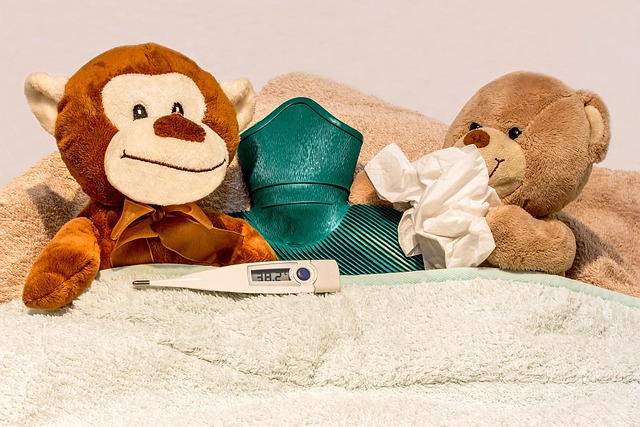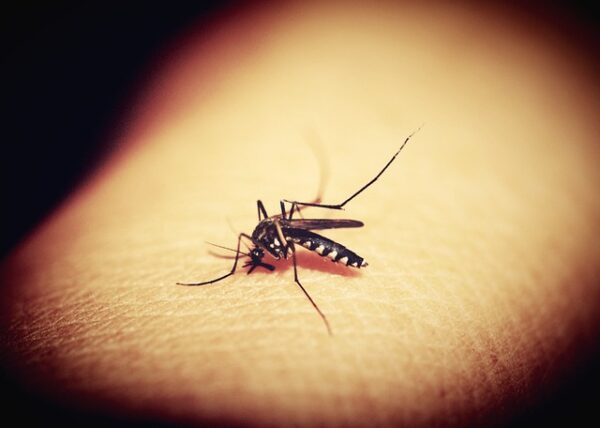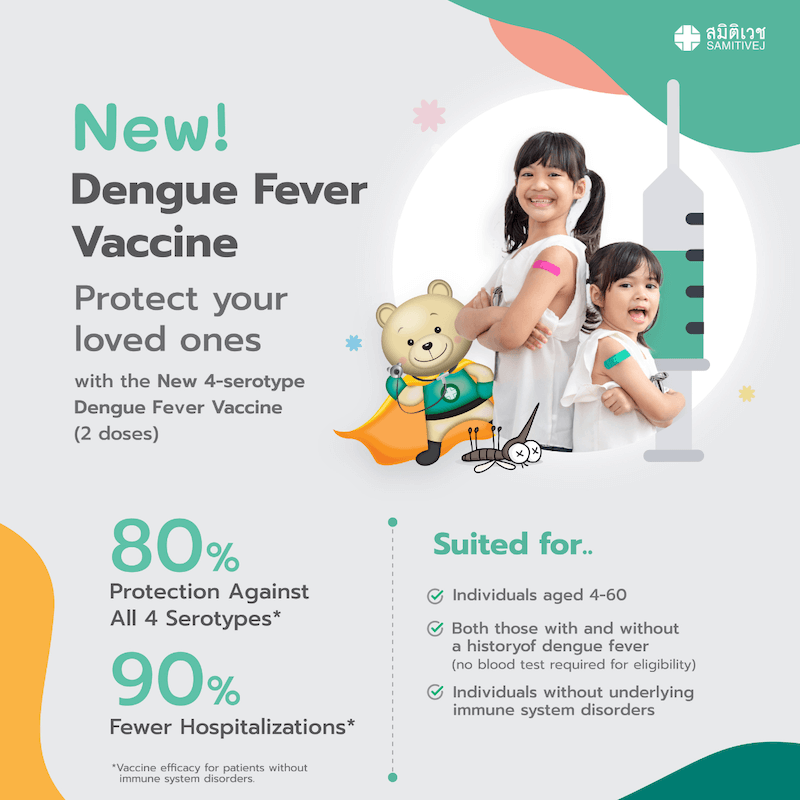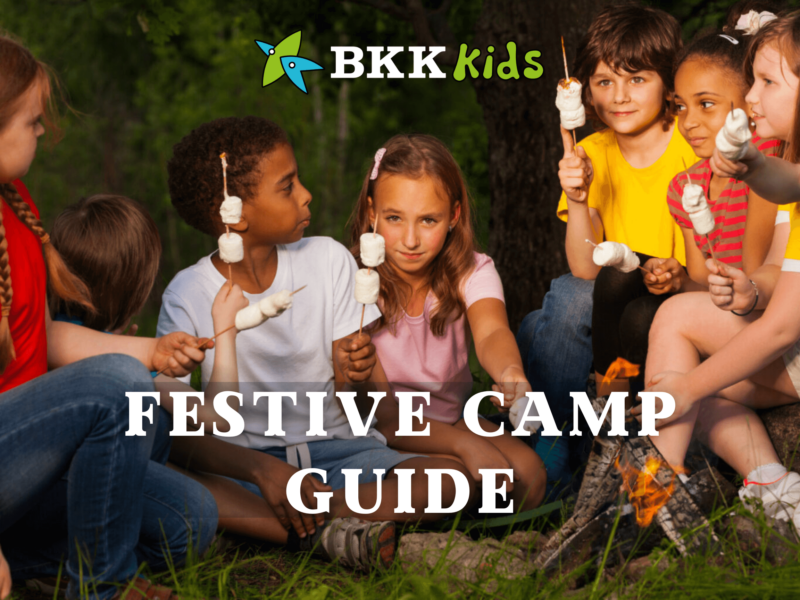Keeping your family healthy is not an easy task. At times, it feels like being Bangkok makes this an even more daunting prospect. From the rainy season and its breeding grounds for harmful bacteria and viruses (not to mention mosquitoes) to the poor air quality and intense heat, it can be overwhelming, especially if you are new to the Thai capital.
In our ten years of living here, below are some tips we picked up, helping to keep everyone in the family healthy.
1. Make Regular Hand Washing a Good Habit

It’s easy and effective, keeping germs, including the dreaded Hand, Foot & Mouth Disease, from spreading. Get kids to lather up well and wash thoroughly, especially each time they come home, before meals and after using the bathroom. If outside of the house, have hand-sanitizing gel or anti-bacterial wipes on hand for cleaning kids’ (as well as your own) hands.
2. Be Cautious About Germs at Playdates
Younger kids usually don’t like to share, but when it comes to germs, those seem to get passed around fairly readily. Make sure that everyone washes their hands before playing or eating snacks, and after going to the bathroom. Dispose of used tissues by flushing them down the toilet (some bacteria and viruses can live for 2+ hours outside the body!). Once the playdate is over and the guests go home, use disinfecting wipes to clean germ hotspots: doorknobs, walls, drawer handles, books, tablet/television screens, toys…
3. Pay Attention to Food Temperatures

For adults, a food-borne illness can make you miserable for a day or two, but for babies and young children, it can be really rough, requiring hospitalization, IV drips and strong antibiotics. Pay close attention to food safety, with these essential tips such as knowing the “danger zone” where temperatures between 4 to 60°C (40 to 140 °F) are ideal for food-borne bacteria to grow, and learning the foods that are especially hazardous inside the danger zone. During the hotter months watch how long you keep food out sitting in the kitchen and check your frozen meat at the store to ensure it hasn’t already started to defrost – and then be cautious about re-freezing it at home.
4. Wash Fruits & Vegetables Throughly
Sometimes it’s just not possible to determine which fruits and vegetables are the safest, including those labelled as “organic”. The produce available here, both locally grown and imports, are notorious for being treated with high amounts of pesticides. According to an article in the Bangkok Post last year, tests conducted on a group of fruits and vegetables discovered that imported and domestic grapes, pineapples and papayas as well as Chinese kale, pennywort and climbing wattle (“Cha Om”) contained harmful chemicals exceeding the maximum residue limit. You can, however, remove or reduce the pesticide residue by soaking the produce in a water-white vinegar solution (4 parts water to 1 part vinegar) for 20 minutes and then rinsing them well.
5. Keep Common Allergans at Bay.

Allergies will vary from person to person – you can either be born with them or you can develop them later in life. Aside from food, common allergens include dust mites, mold, animal dander and household chemicals like detergents. Keep such allergens at bay by using a vacuum cleaner with a HEPA filter, which traps dust mites and particles. Also, wash sheets, pillowcases and beloved stuffed animals regularly in hot water with a mild detergent that contains no optical brighteners, fragrances or dyes.
6. Invest in a Good Air Purifier
Bangkok recently experienced heavy air pollution, with the harmful PM 2.5 reaching dangerously high levels. Children are especially vulnerable to these adverse conditions, so in addition to keeping windows closed, an air purifier is a good investment for long-term health. The best systems (although admittedly costly) are high-efficiency particulate air (HEPA) filters, which are designed to filter out particulates. Read up on the key criteria to consider when choose an air purifier.
7. Manage Those Pesky Mosquitoes

Mosquitoes are an inevitable part of life in the tropics and they can carry diseases like dengue fever, malaria and zika. Cover up, especially the feet and lower legs; wear sticker, spray or bracelet-type repellent daily; minimize exposure to mosquito breeding grounds, such as areas with dense vegetation and stagnant water; and spray a citronella or lemongrass oil based formula in mosquito-ridden areas around the house or condo (spritz often for the best results). A strong outdoor fan can also help keep mosquitos away from outdoor living spaces.
8. Stay up to date with Vaccinations
It is important to have your child immunized according to the standard immunisation schedule of the country you’re currently residing in. However, vaccination schedules can be very confusing, especially if your child has grown up in several countries that have different schedules. All the Bangkok hospitals offer vaccine programmes so shop around the find the best fit for your location and budget.















